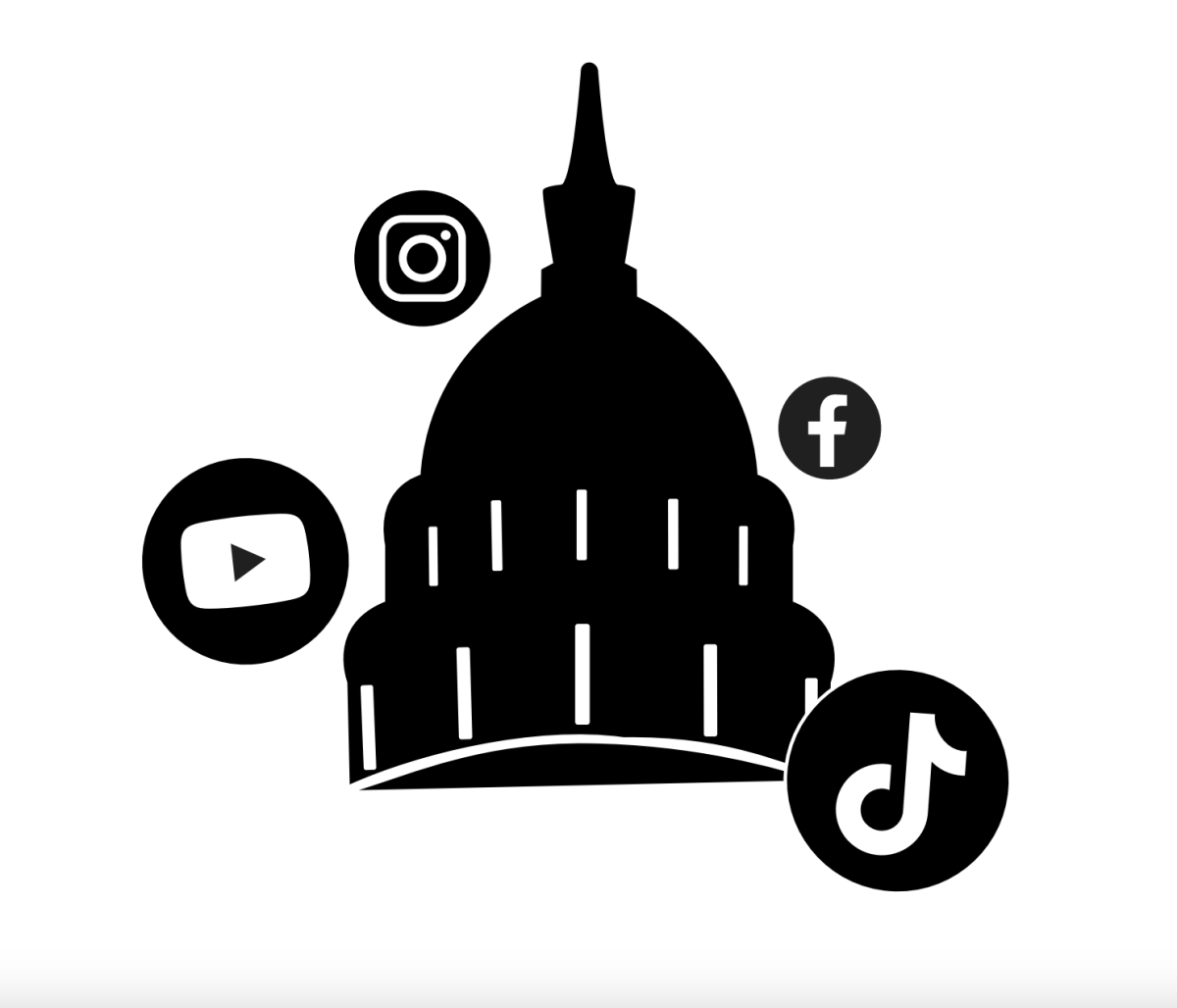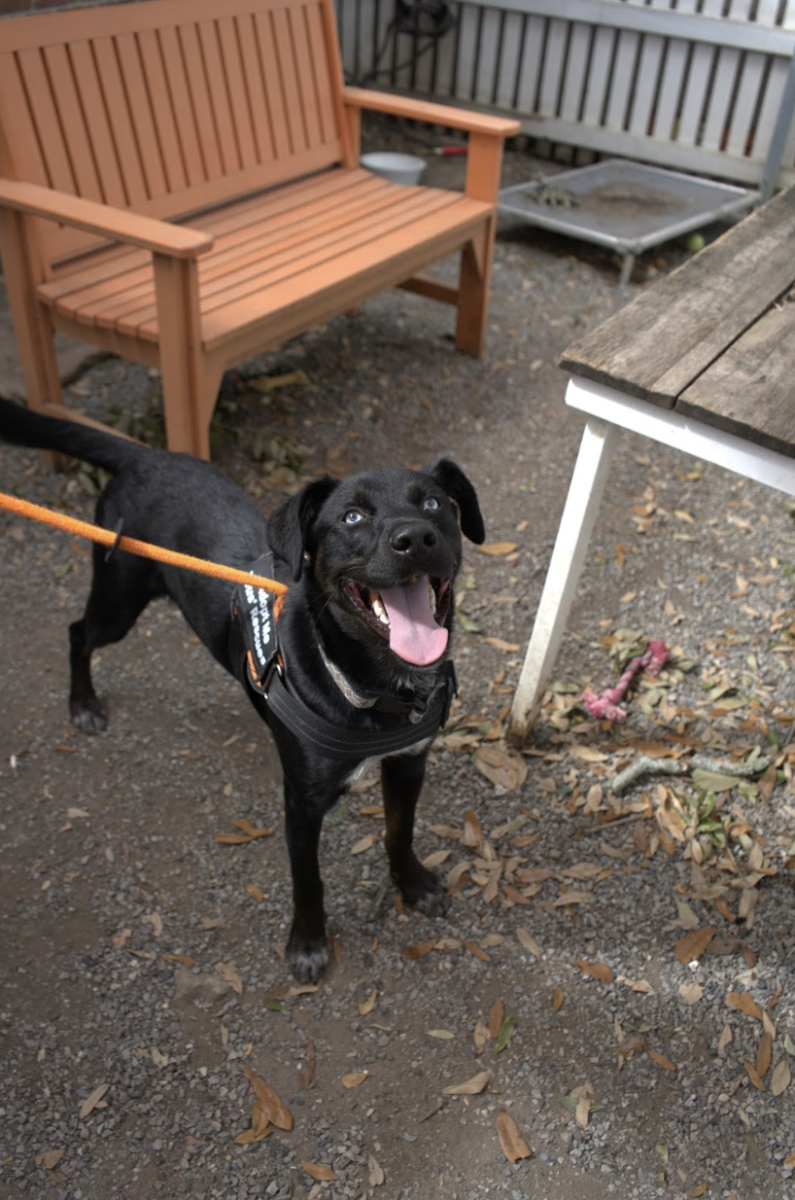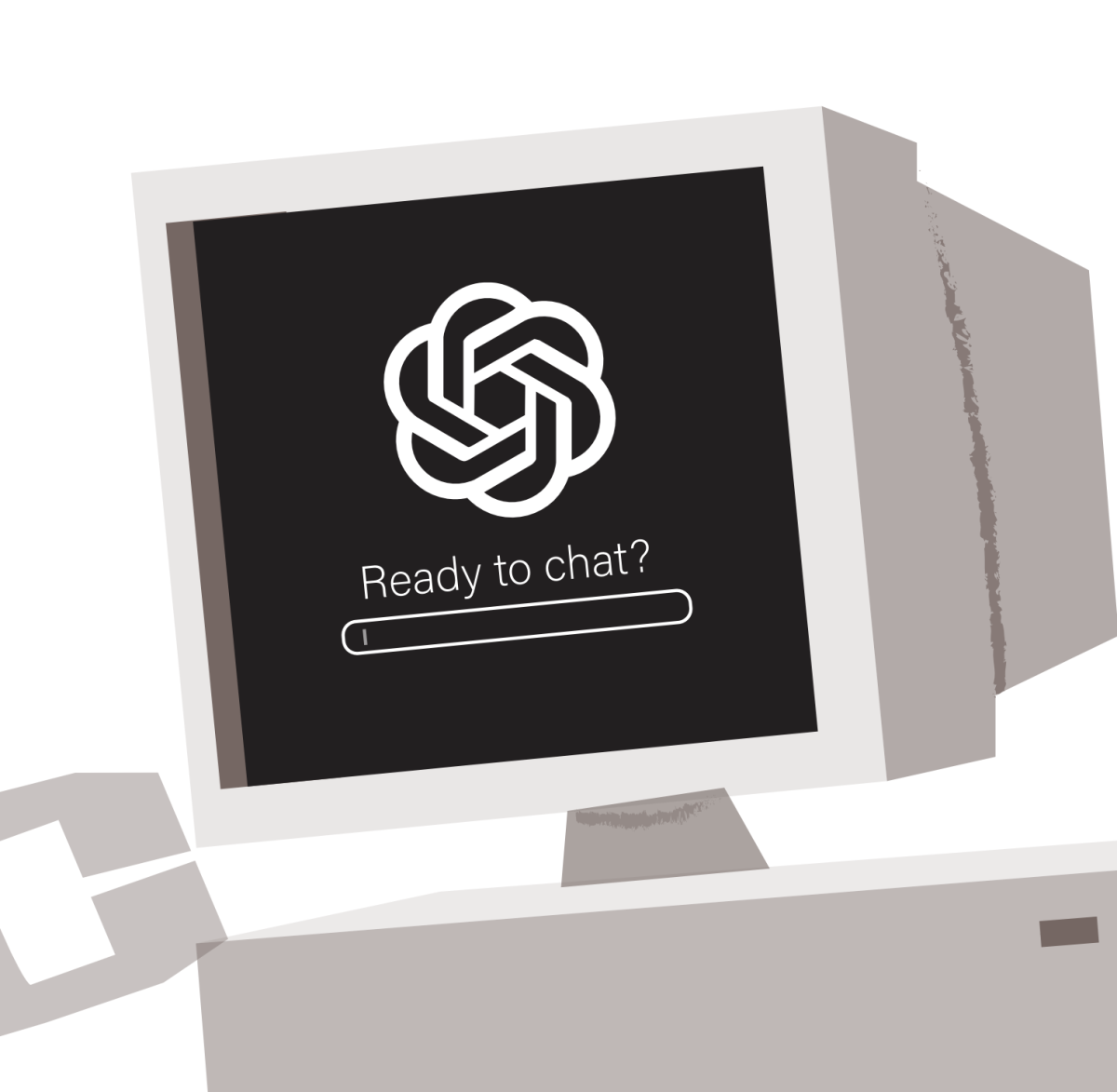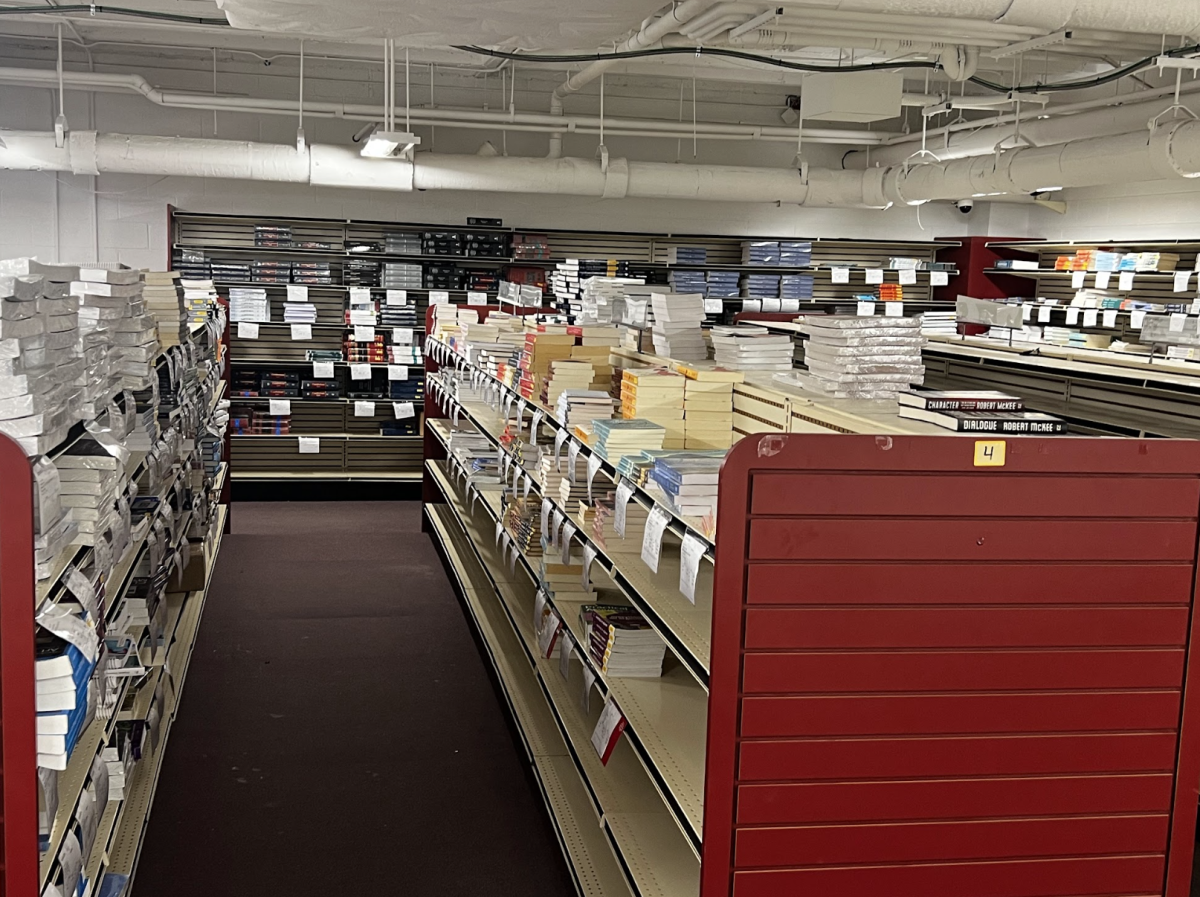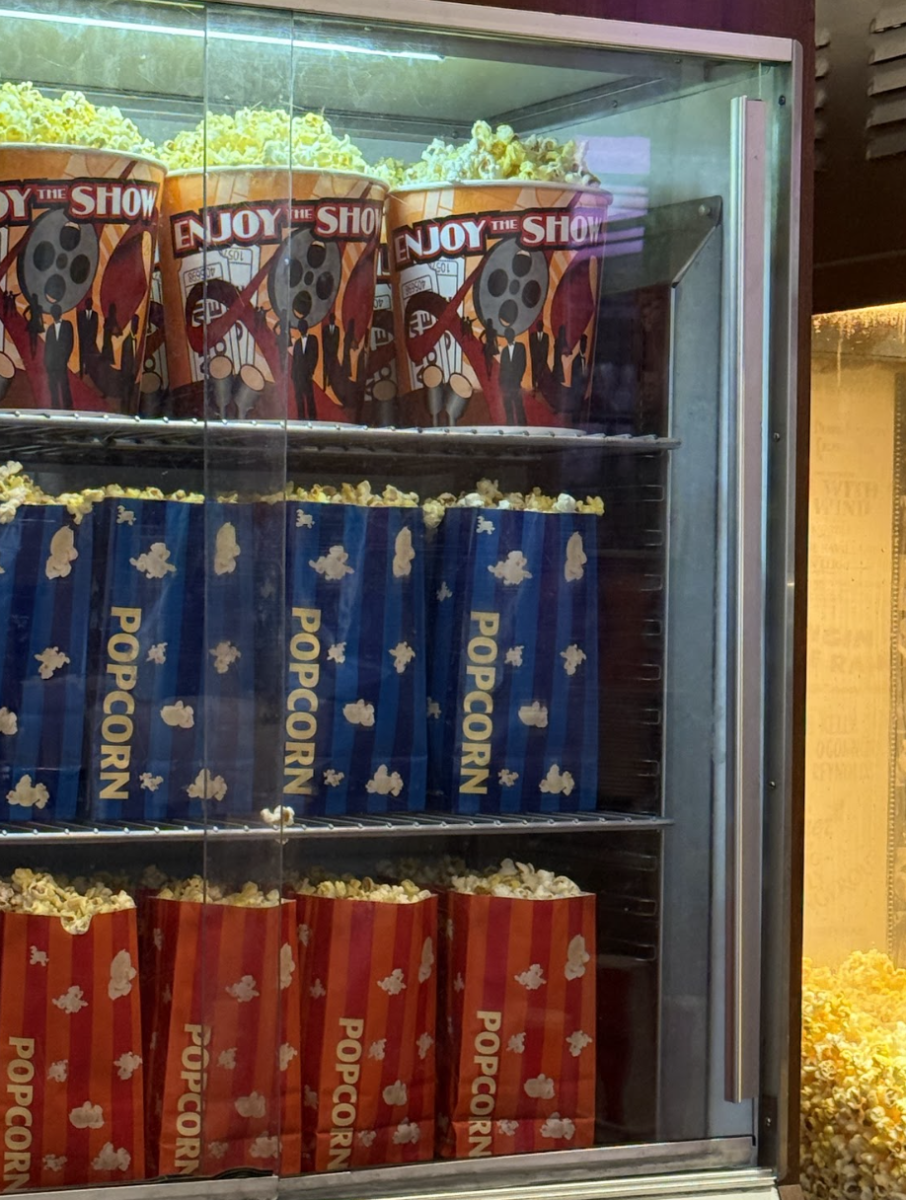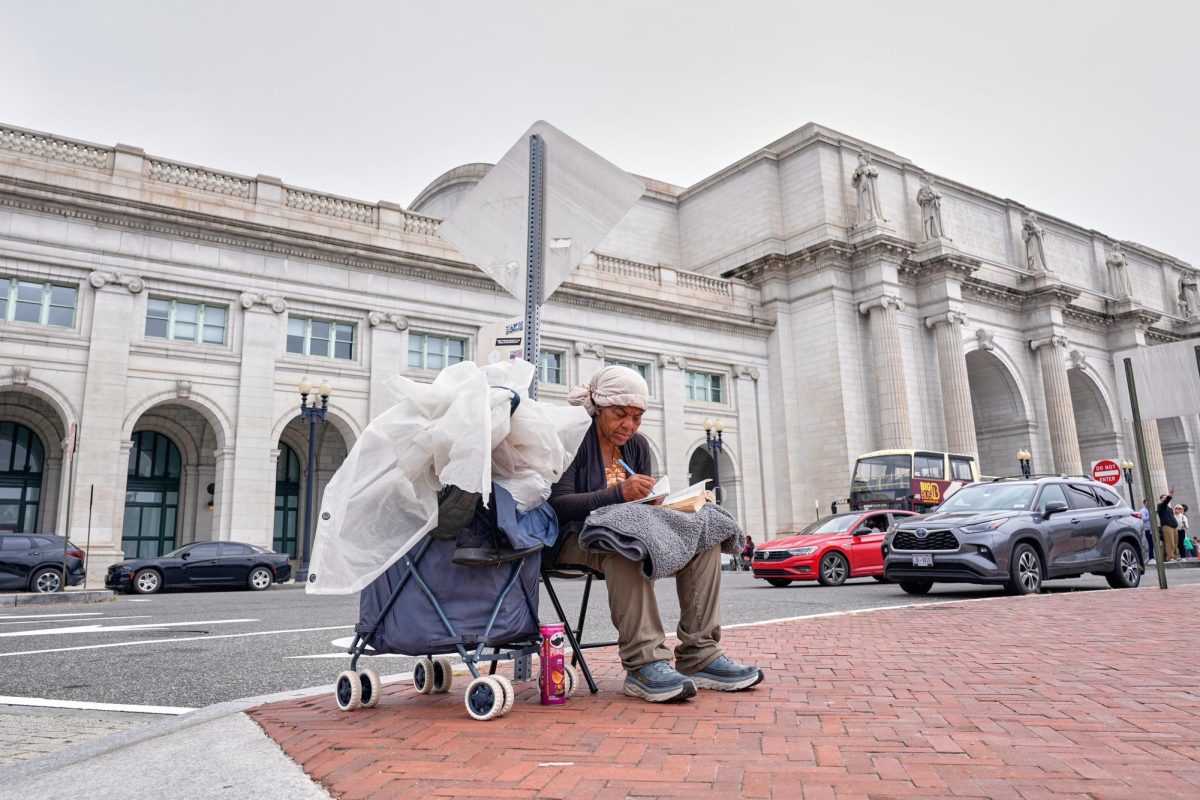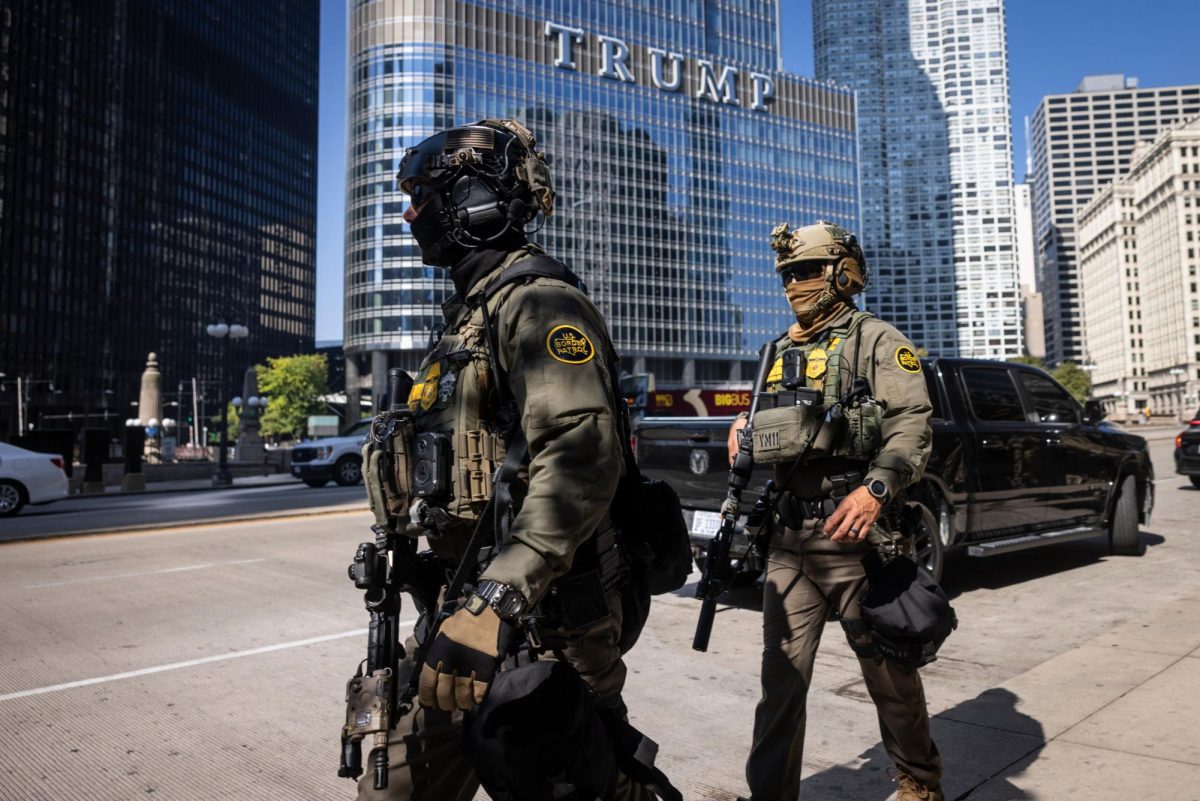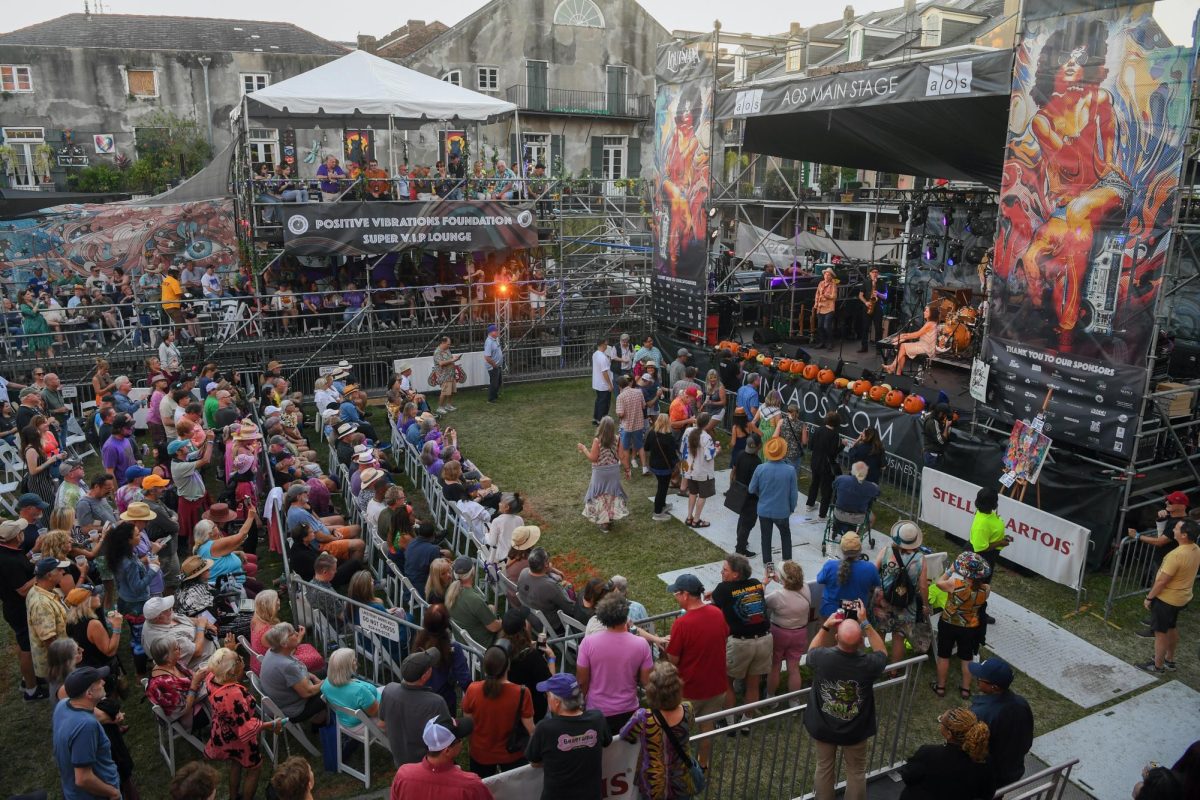In today’s society different social media platforms like TikTok and Instagram are necessary in politics to reach the younger generation who don’t watch the news. One single post, tweet, or view can change the way that a large group of people think politically. This is such a powerful tool in a time of news censorship and a constant flow of nonstop news hitting the internet everyday.
Like most college students, I use TikTok daily for a variety of things. I watch funny videos, search up recipes, and find inspiration. I also see political videos all the time reporting on something that I had never seen or heard about. Whether that’s brutal deportation videos, famine in other countries, or even new political news, these are all things that I wouldn’t have seen on the news or heard about unless I specifically researched it online.
The political side of social media is so useful for people like me who like to be in the know about what is going on in the world around them. But don’t get me wrong, when I hear about things happening on TikTok or Instagram, I use that as a starting point to research and gain more information about whatever the topic may be.
Research goes so much deeper than social media, which is why it is important to educate yourself farther especially when it comes to politics. It can be dangerous to get your news from TikTok and not research it farther because that could lead to the spread of misinformation.
You can say whatever you want on social media which means you have to choose to not believe everything you see either. I think social media affects the way that students learn about politics because the average student spends way more time on social media in an average day than they spend reading articles or watching the news.
I talked to my friend Chloe Freeman who is a sophomore International business major and she gets a lot of her news from TikTok accounts like CBS to stay up to date with current news going on in the world. We both agreed that there are reliable sources to look at on TikTok. She never gets news from Instagram but TikTok opens her eyes up to a lot of the stuff that’s going on all over the world.
Past generations learned about politics mainly from the news, which is so different from how most of our generation remains informed. Our generation has alarmingly low voting rates and candidates are trying to boost those rates through social media.
When I think about the 2024 presidential election many things come to mind, one of which being Kamala HQs TikTok. This was so influential to the Democratic vote because Kamala was able to relate to the younger voters through TikTok and social trends like BRAT promoting Charli XCX’s new album and celebrity collaborations.
Social media is inherently political and for most people that are even semi involved in politics it is hard to scroll without seeing a view about politics. While social media can contribute to the spread of misinformation and performative activism, I still think its pros outweigh the cons. Social media promotes the spread of activism by informing people of protests, along with when and where they are.
I think social media greatly affects the average political student conversation because it informs many young people about the various different things going on in the world right now. Seeing what is going on in the world through different social platforms can inspire students to have political conversations and even encourage them to join a political club or movement.


